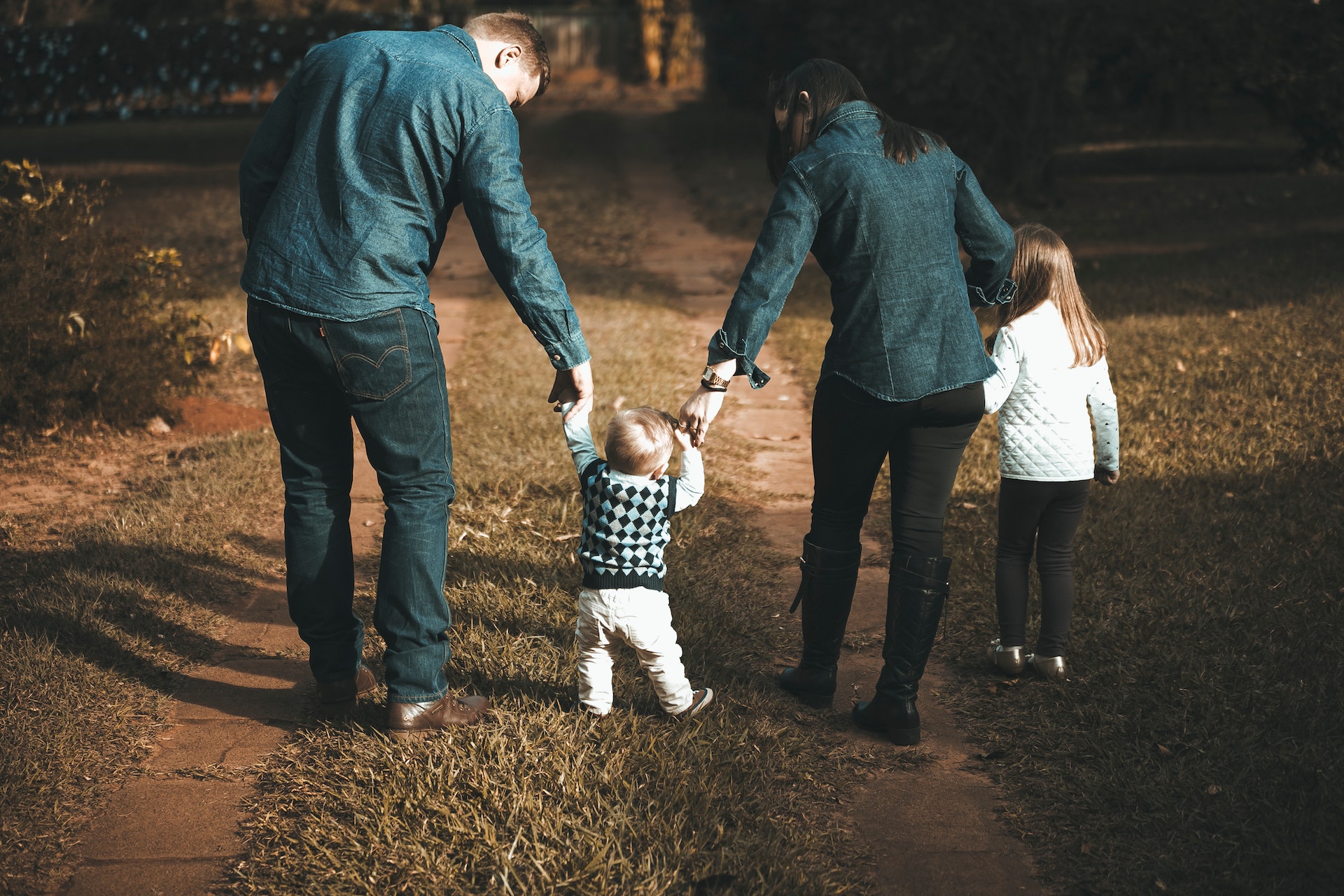Childhood COVID-19 vaccination: will it shape parents’ decisions on routine vaccines? – VaccinesToday

Imagine being a parent of an eight-year-old and an eleven-year-old in the middle phase of the COVID-19 emergency. Let’s say it’s autumn 2021. A vaccine has been rolled out and uptake levels are high among adults. You’ve had two doses yourself; your parents are booking boosters.
Your children have had all of their recommended infant immunisations ‒ against measles and mumps and polio and, if you recall correctly, diphtheria and tetanus and other diseases you hardly ever hear of any more.
March 2020, when you were terrified that your children might catch COVID-19, feels like lightyears ago. Now, while you hate to see them sick, the fear has largely subsided. You heard of a child in the school who was very ill with COVID, but others seemed okay after a few unpleasant days.
You’ve been ignoring the ad on TV announcing the COVID-19 paediatric vaccination programme, but when a text message arrives inviting you to book an appointment for your children, it’s decision time.
That was me (and my wife). And, perhaps because my work leads me to have particularly high trust in vaccines, we brought both children to a busy but cavernous mass vaccination centre.
But what about parents who quietly opted out?
What were they thinking then and how might it affect their health decisions now and in the future?
The answer may lie in an intriguing piece of research at the University of Derby in the UK. Stephanie Davey, who led the work as part of the MSc programme in health psychology, explored the reasons why parents chose to sign their children up for COVID-19 vaccines, and why some decided against it. This was done through a survey shared on parent groups on Facebook, Reddit and other online spaces.
There has been plenty of research on parents’ intention to vaccinate children against COVID-19, but work looking at actual behaviour is only beginning to filter through the research literature.
The Derby study applied what’s known as the Health Belief Model ‒ a way of looking at how people approach health decisions. The model considers perceptions of disease severity, the risk of catching it, the benefits of taking preventative measures, barriers to action, and how motivated and empowered someone feels about a specific behaviour (e.g. making an appointment and going to the vaccination clinic). The study also asked about vaccine hesitancy.
What did they find?
The survey was conducted in the summer of 2023 so the data is still being pored over and parsed. But there are already some fascinating nuggets emerging. One of the most interesting groups of respondents is the significant minority that (a) previously brought their children for all recommended vaccines (b) had the COVID-19 vaccine themselves, but (C) did not vaccinate their children against COVID-19.
These parents are not committed ‘anti-vaxxers’, nor do they have a fundamental opposition to COVID-19 vaccines. The research found that 96% of respondents (all of whom were parents) had been vaccinated against COVID-19, but only 63% had vaccinated their children.
‘During the pandemic, conspiracy theories were circulating online and there were signs that vaccine hesitancy was rising,’ Stephanie told Vaccines Today. ‘But many of the parents who had not vaccinated their children against COVID-19 did not fit old stereotypes for anti-vaccine activists or conspiracy theorists. There was something else happening.’
So what was going on?
One explanation is that perceptions of disease severity had declined by the time the paediatric COVID-19 vaccination campaign was rolled out. It also appears that parents viewed this as more important than the risk of getting the disease.
‘Earlier research had shown that susceptibility to the disease [COVID] was the most important factor early in the vaccination campaigns,’ Stephanie explains. ‘But severity of symptoms was cited as most important by respondents to our survey. It could be that perceptions of COVID had changed during the pandemic and this informed parents’ decisions.’
The survey findings also suggest that parents were picking up on scientific uncertainty regarding whether the vaccine produced long-term immunity against COVID-19. And it was, by then, clear that while vaccines were good at reducing disease severity and avoiding hospitalisation, many people caught the virus despite being vaccinated.
Some parents considered practical aspects of organising a visit to a vaccination centre, including the inconvenience of taking time off work and/or school. There were also some who had experienced minor side effects after their own vaccination (the most common ill-effects include muscle pain, nausea and tiredness). This too was weighed in the balance when making the decision.
So, parents were not behaving entirely illogically. Nor had they been taken in by wild conspiracies.
‘It seems rational that parents might pick up on these issues when making their decision,’ Stephanie said. ‘We didn’t capture a strong anti-vaccine sentiment.’
The big question: what does this mean for future decisions
In the event of future pandemics, information campaigns could take account of how perceptions evolve with time. For example, susceptibility to a new/little-known disease is important early on, but perceived symptom severity is a key issue once the public has more information and experience of the disease.
But just as pressing ‒ if not more so ‒ is how this will affect the next vaccine decision made by parents who opted their children out of COVID-19. Remember, many of this group had followed expert recommendations for every vaccine until this one. Now they have experience questioning the merits of a vaccine.
‘We are interested in whether this is an isolated decision or if it’s something that informs future decisions,’ Stephanie said. ‘Is this a pathway to becoming anti-vaccine or will it be contained to COVID?’
The next vaccine decision for parents of primary school children is likely to be whether to sign up for the HPV vaccine offered to girls and boys in many European countries. According to The State of Vaccine Confidence in the EU, a report by the Vaccine Confidence Project, HPV vaccines are already viewed a little differently than infant immunisations (e.g. MMR). And a US study on intention to vaccinate against HPV and COVID, found some parents need more reassurance and stronger recommendations to have the HPV vaccine vs the COVID vaccine.
(I should say here that I look forward to knowing my daughter and son will be protected against HPV cancers. I would have taken this view based on the evidence, but my commitment has only strengthened over the past year having known people directly affected by HPV-related cancers. These are horrible, preventable diseases that can (effectively) be wiped out.)
Some parents who opted out of COVID-19 for their children will also have younger kids who are due MMR and other vaccines. And they will also have decisions to make for themselves, or advice to give to older relatives about vaccines against flu, pneumococcal disease, shingles – and COVID.
‘It could be that decisions about COVID vaccines were singular events and people will revert to their pre-pandemic position. Or it may be the start of something, spreading to other health decisions,’ Stephanie said. ‘These are questions we and others are keen to explore.’
The answers will determine vaccine uptake in the years ahead, and may influence the success of global efforts to end cervical cancer, eradicate polio and wipe out measles and rubella. But the findings should also shape immunisation programmes.
Evidence-based interventions deserve evidence-based communication campaigns.


